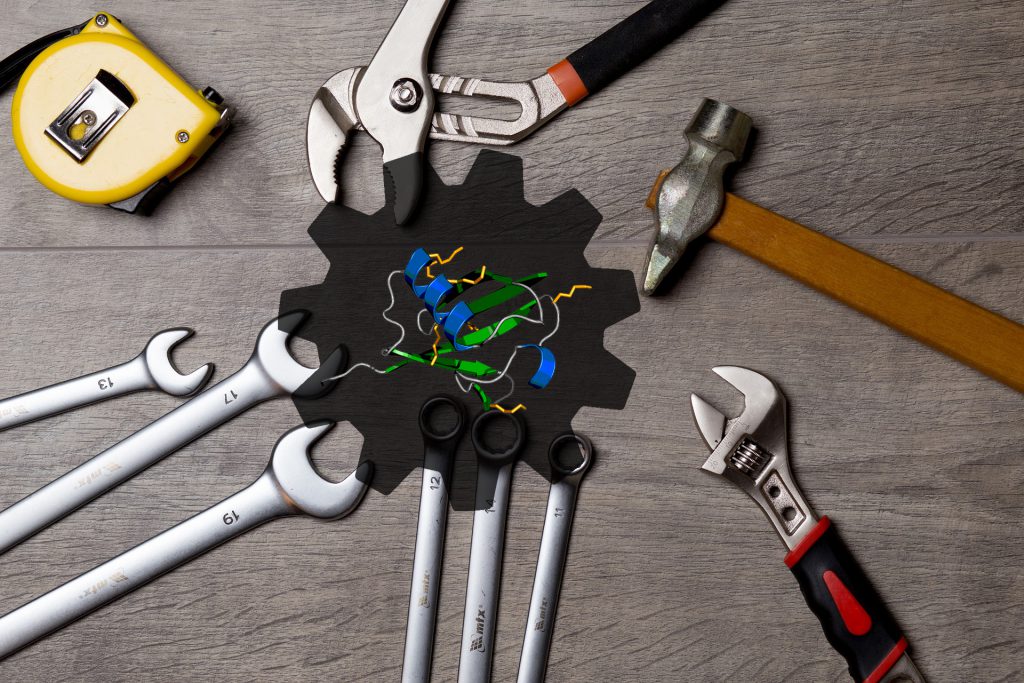Part of a series on the Hallmarks of Aging. Proteins don’t do everything in your body, but it’s fair to say they control everything. What they don’t d...

Oxidative stress response: One of the many jobs of tumor-suppressor p53
At its most dramatic, oxidative stress can rend DNA in two and predispose cells to mutations that ultimately result in cancer. But the less bombastic ...

No more eraserhead: Will blocking epigenetic erasers prevent Alzheimer’s disease?
Just like a well-folded sheet of paper, a tightly coiled segment of DNA doesn’t have much chance of being read. Our cells use this to their advantage,...
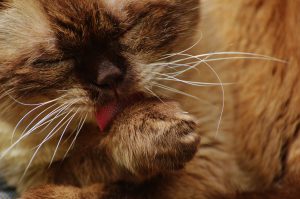
What’s eating you?
Many people think of sleep almost as if it were a state of suspended animation, like turning off a computer so that it can cool down. But while your c...

Pet dogs on rapamycin are pictures of health
In the lab, rapamycin is a star geroprotector. In addition to boosting lifespan even when used in late life, it’s also been found specifically t...
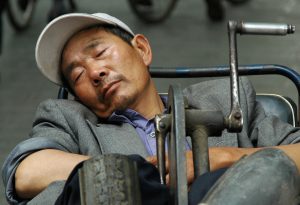
Does the sandman retire? Why old people sleep poorly
If grandpa nods off in the middle of dinner, it’s not because you’re boring him. The aging process isn’t very kind to our ability to get to sleep at n...

The joy of scientific discovery, converging disease mechanisms, and failures of communication: Dr Gordon Lithgow on the past and present of geroscience (part II)
Dr. Gordon Lithgow of the Buck Institute for Research on Aging, who spoke to us recently about the Caenorhabditis Intervention Testing Program, talks ...
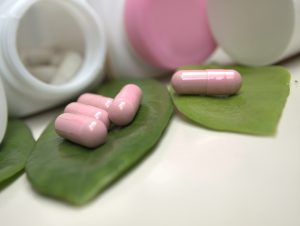
Rapamycin: An impressive geroprotector with a few potential flaws
If any drug has performed consistently and unequivocally well in anti-aging trials, it’s rapamycin. Dr. Matt Kaeberlein’s Dog Aging Project is among t...
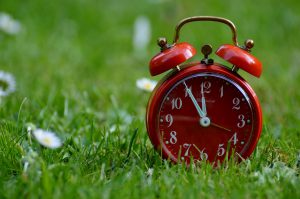
Do aging circadian clocks have tricks up their sleeves?
Most lifeforms wrap their lives around a 24 hour wheel that dictates when to rise, when to eat, when to grow, and when to sleep. From its seat in a pa...

